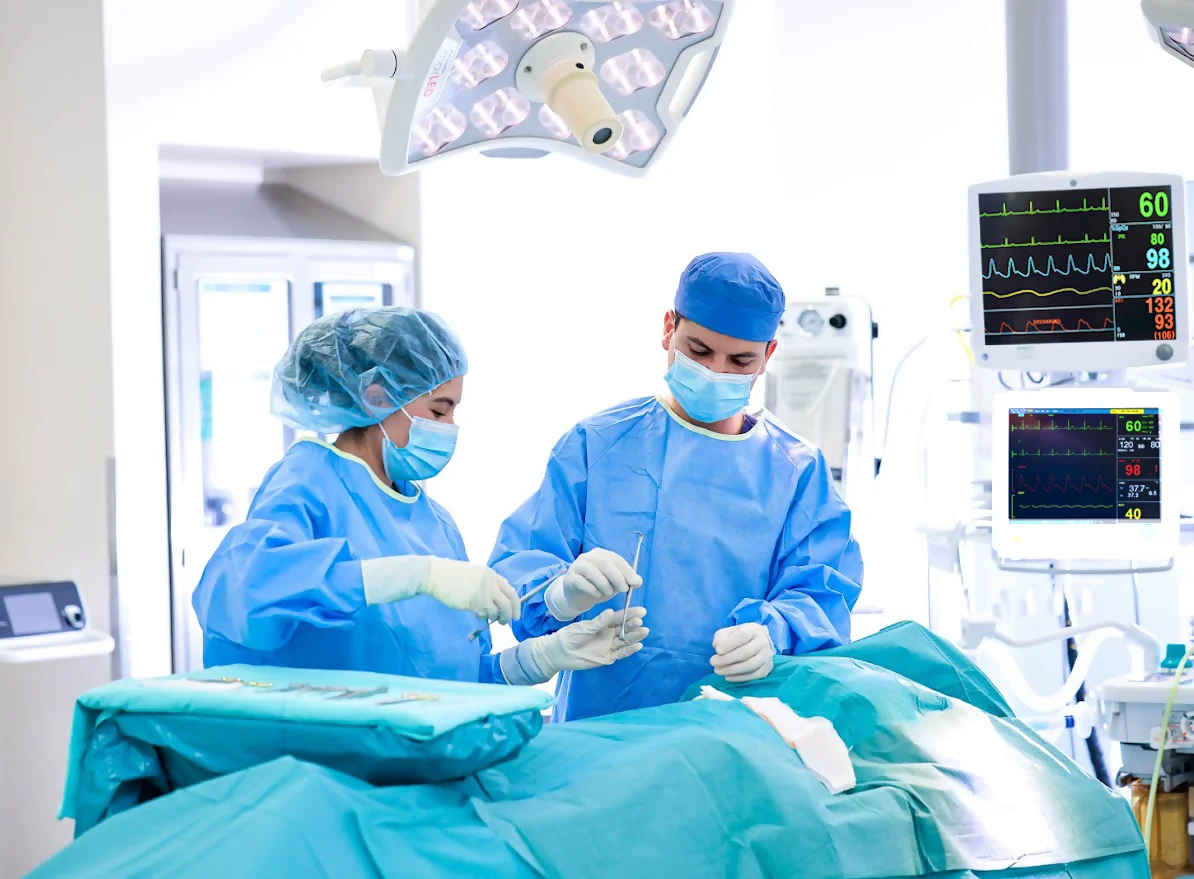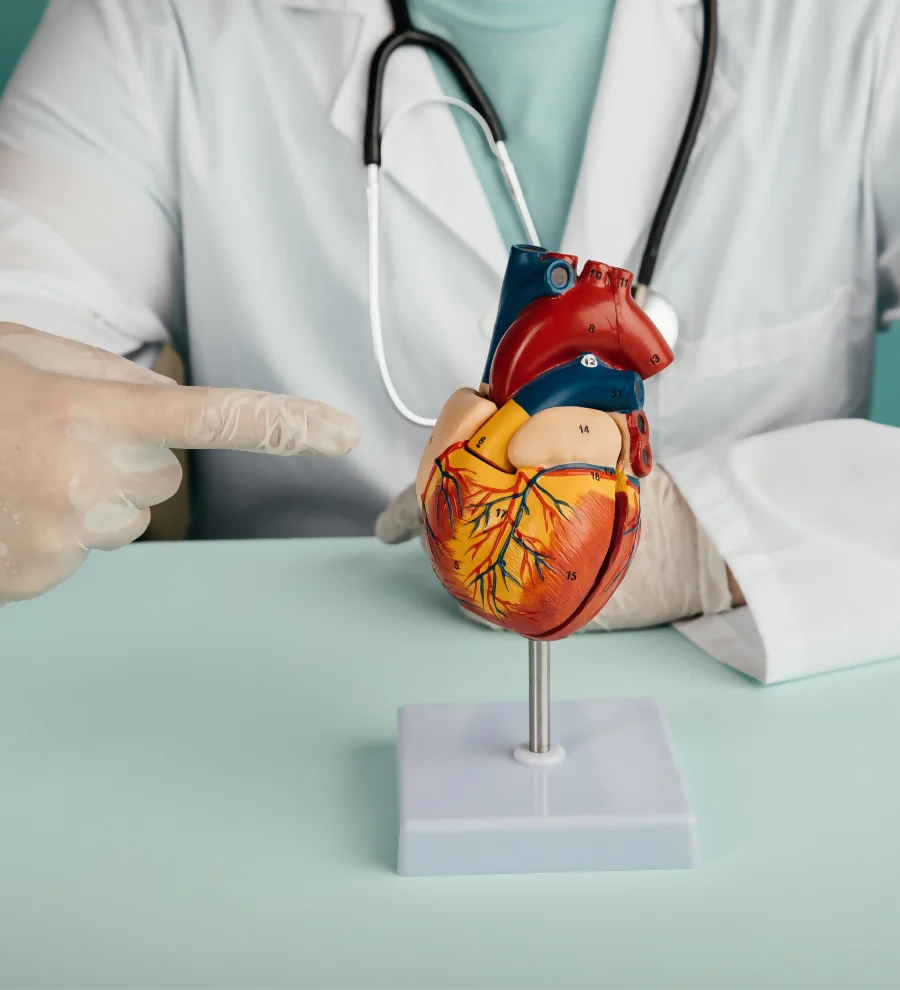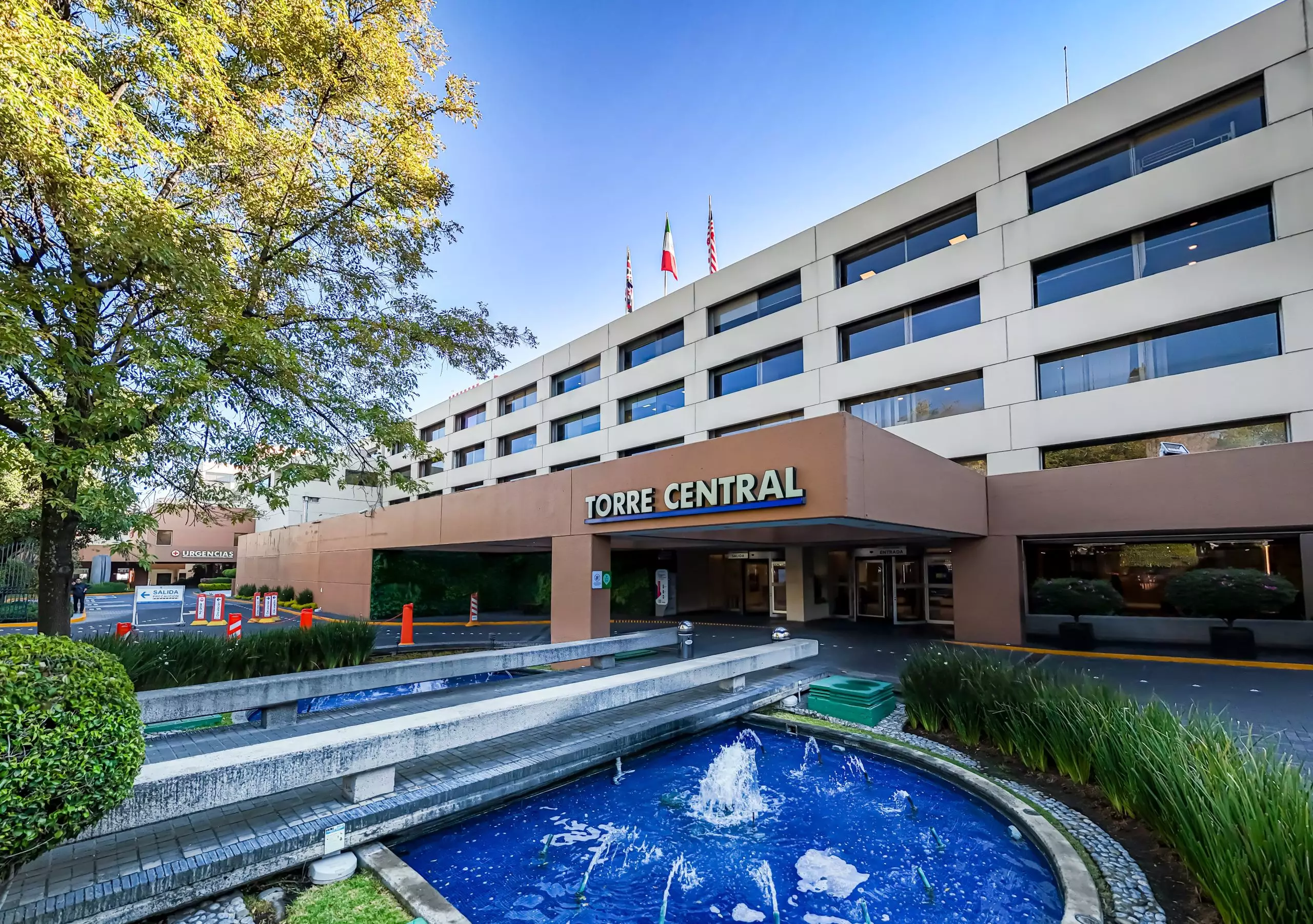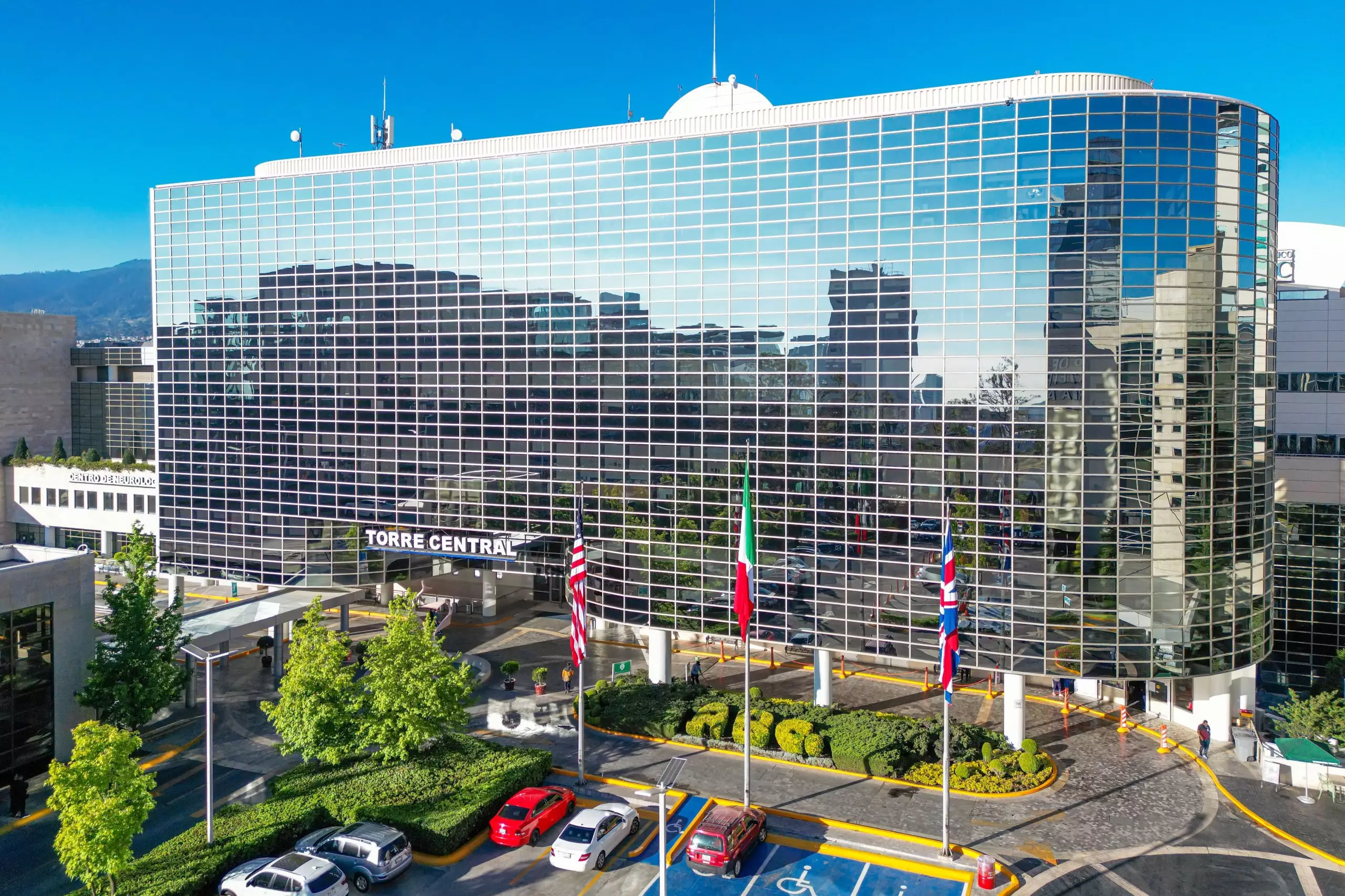Heart transplant
Heart transplant surgery involves replacing a diseased heart with a healthier one from a donor. It is performed when other treatments for heart problems have been unsuccessful and heart failure is present.
In adults, this condition can result from various factors such as weakening of the heart muscle, coronary artery disease, or congenital heart defects. In children, it is usually caused by congenital heart defects or cardiomyopathy. Despite being a major surgery, survival rates are high with proper post-transplant care.
At the ABC Transplant Center, our priority is your well-being. With a multidisciplinary team of experts and a comprehensive approach, we provide the confidence and support you need for your journey to a full and healthy life after the transplant.


What is a heart transplant like?

A heart transplant is an open-heart surgery that can last several hours. Before the procedure, you will receive general anesthesia to keep you asleep. Surgeons will connect you to a machine that ensures the flow of oxygenated blood throughout your body.
An incision is made in the chest, and the sternum is separated to access the thoracic cavity. The diseased heart is removed and replaced with the donated heart, connecting the major blood vessels.
Sometimes, the new heart begins to beat on its own, but in other cases, electrical stimulation is required.
After the surgery, you will receive medications to control pain and a ventilator to assist with breathing. Additionally, tubes will be placed in the chest to drain fluid. During recovery, fluids and medications will be administered through intravenous lines.
Care after a heart transplant

After a heart transplant, you will be in the intensive care unit and then in the hospital for one to two weeks. The medical team will closely monitor you and perform cardiac biopsies to detect rejection. You will need lifelong immunosuppressive medications and will be advised to make lifestyle changes, such as quitting smoking and following a healthy diet. Cardiac rehabilitation is also important for your recovery.
Most people can resume many of their daily activities, such as working, engaging in hobbies, sports, and exercise. However, it is important to discuss with your doctor which activities are safe for you.

Requirements for a heart transplant

To be considered for a heart transplant, a thorough evaluation of your heart condition by a specialized physician is required. Subsequently, your case must be presented to the Internal Committee of the Transplant Center. Once approved, you will be included in the National Transplant Registry, where you will wait for a deceased donor.
The donated heart must come from a person diagnosed with brain death, meaning they are clinically deceased but maintain life support. Additionally, the donated heart must be in normal condition, free of diseases, and as compatible as possible with your blood type and tissue to minimize the risk of rejection by your body.
The criteria for being a candidate for a heart transplant include:
- Evaluating if your heart condition would benefit from the transplant.
- Determining if there are less invasive treatment options that could be effective.
- Checking if your health is suitable for the surgery and the recovery process.
- Commitment to abstaining from tobacco, alcohol, and recreational drugs.
- Ensuring that you are willing to follow the medical plan prescribed by the transplant team.
- Assessing your ability to emotionally handle the wait for a donor.
- Having a strong support system of friends and family to accompany you during this stressful period.
Requirements for a heart transplant

Rejection of the heart transplant
Arterial problems
Primary graft failure
Side effects of medications
Cancer risk
Infections
Frequently Asked Questions
Where to Find Us

Campus Observatorio
Sur 136 No. 116, Col. Las Américas, Álvaro Obregón, 01120, Cd. de México.

Campus Santa Fe
Av. Carlos Graef Fernández 154, Col. Santa Fe, Cuajimalpa, 05300, Cd. de México.


